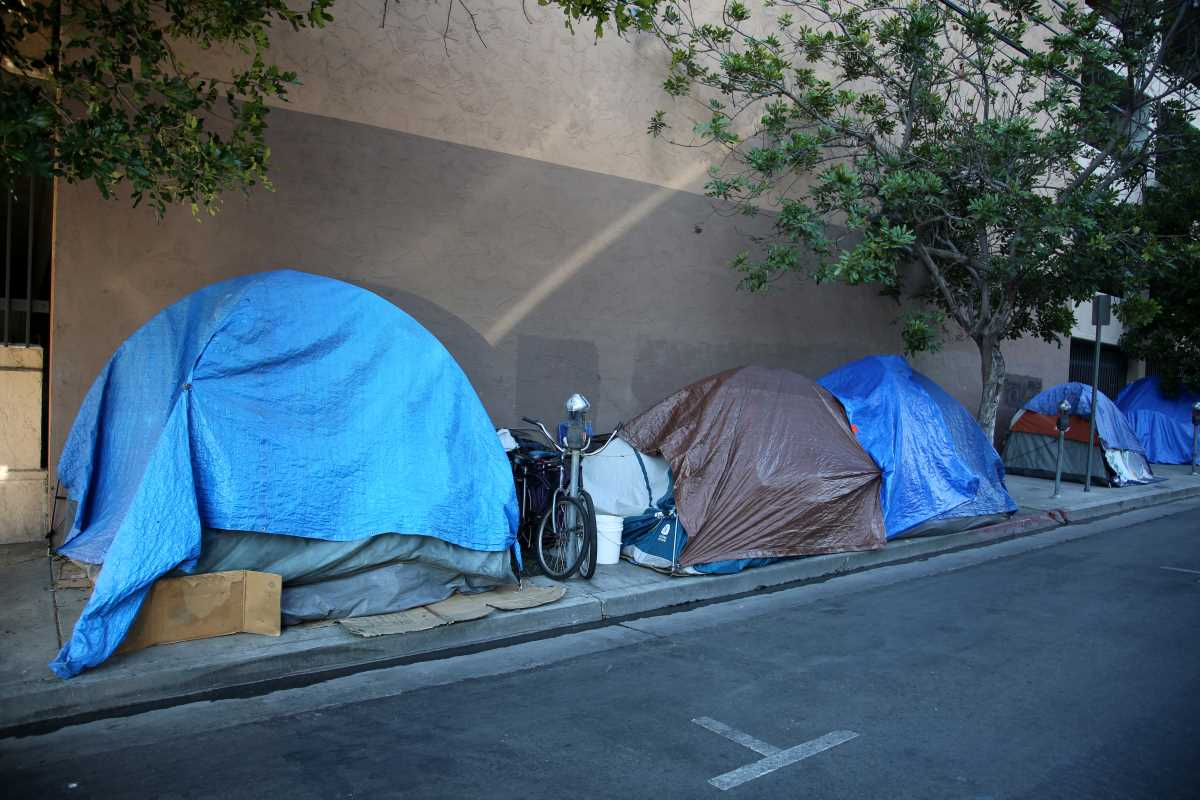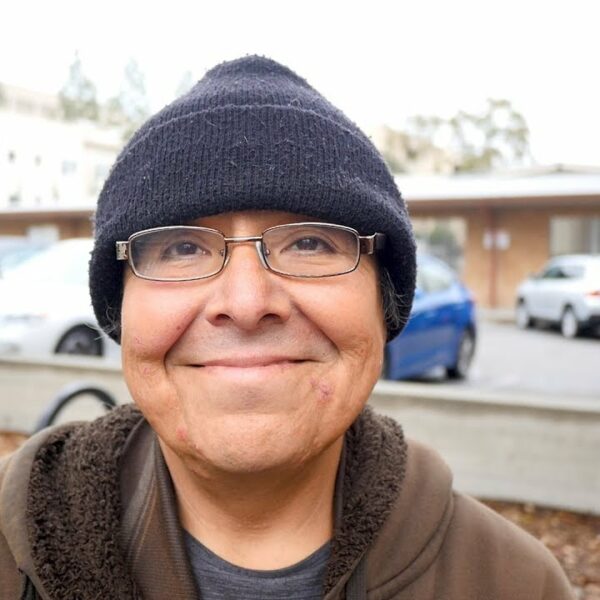A federal court declared that people experiencing homelessness have a right to personal property, including bulky items like mattresses and carts.
In a 2-1 decision, the Ninth Circuit Court of Appeals upheld an injunction preventing The City of Los Angeles from discarding large, unabandoned items. The Court agreed with a lower court’s reasoning that the city’s ordinance, which allows its agent to remove bulky items without notice, likely violates 4th Amendment protections against unreasonable seizures.
The ruling impacts all cities within the Ninth Circuit’s jurisdiction. This includes the entire west coast, as well as Idaho, New Mexico, Nevada, Wyoming, Alaska, and Hawaii.
Writing for the majority, Judge Michelle Friedland said:
“City employees have discarded a crate that a person used to secure his pet dog at night; carts that a person used to transport his possessions; wooden pallets and a cushion on which a person slept; and bins that a person used to keep her clothing dry—sometimes in the presence of their respective owners.”
At the same time, these actions are occurring as “the escalating homelessness crisis in the City of Los Angeles has forced an unprecedented number of residents to live, sleep, and store their belongings exclusively in public places,” the opinion reads.
Judge Mark Bennett, a Trump appointee, was the lone voice of dissent. He argued that the city’s ordinance includes a “robust severability clause”. This would allow the city to clean up large items under the broader auspice of “regulating bulky personal property” and avoid the question of personal possession altogether.
Bennett cited arguments made by the League of California Cities to make his point. The organization supported the City of Los Angeles in the lawsuit and argued that failing to remove bulky items is a detriment to public health.
“City residents tell the city daily of their loss of access to public parks, threats to their safety, and the general degradation of their quality of life,” Bennett wrote in his opinion.
Homeless Property Rights
Private property rights are a flashpoint in the debate on homelessness nationwide. Anti-homeless camps often argue that homeless people cannot own property because of their income levels. This argument assumes that people who become homeless subsequently lose their connection to items with sentimental value or no longer need necessary items like identification documents.
Others have argued that homelessness itself is a property rights issue. People experiencing it are often unjustly denied their right to own property and access public spaces. Research by the University of Denver found numerous ways police departments enforce anti-homeless measures, often resulting in the seizure or destruction of personal property.
Similarly, Frank Shyong, a columnist for the Los Angeles Times, recently wrote that “enforcing property rights on homeless people only makes it harder to treat them.”
“And treating homeless people likely requires us to make ending homelessness a higher priority than our home values or our enjoyment of parks, beaches, and sidewalks,” Shyong added.
Impact of Private Property on Homelessness
The ability to own and use private property is an indispensable tool of survival for people experiencing homelessness. For example, people who lose their identification documents subsequently lose access to healthcare, housing, and jobs. People who lose personal items such as photos of loved ones or medicine. In turn, this can cause individuals to suffer from adverse psychological and physical health conditions as well.
Replacing essential documents like a birth certificate or a driver’s license often comes with a fee that many find insignificant. But even a $50 fee can be insurmountable for a person experiencing homelessness.
As a result, several states already have laws on their books that reduce the impact of losing important documents. Connecticut, Georgia, Illinois, and Michigan are among those on the list that will waive fees for replacing birth certificates.
Similarly, cities such as Chicago, San Francisco, and New York City offer municipal IDs that are much easier to access than state ID documents. There are also several nonprofit organizations like the Colorado ID Project, which help people obtain ID documents. Some also offer grants to help pay for the documents as well.
How You Can Help
Private property is not a right reserved only for people who can afford housing. Many homeless people carry valuable items like medicine, pictures of loved ones, or identity documents. Unfortunately, these items are often lost when cities “sweep” homeless encampments under the guise of protecting public health.
Life can become exponentially more difficult for people experiencing homelessness when they lose these items. Identity documents are required to access some shelters, services, and healthcare. They are also necessary for finding long-term housing and employment.
You can help by telling your lawmakers to protect the private property rights of people experiencing homelessness. Tell them that this will help individuals escape homelessness rather than putting them further behind.













